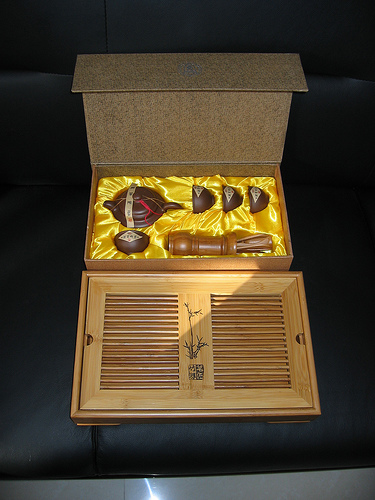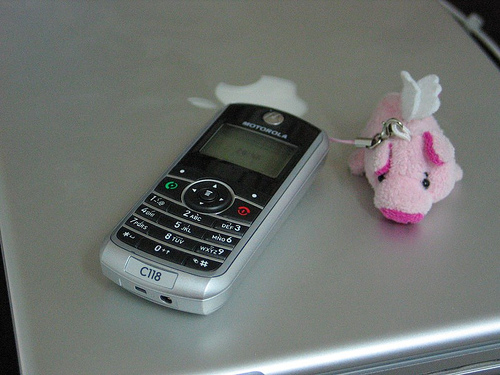I really liked it. It’s a statement of, and promotion of, certain values; it says that society — at least the owners of the TV station and viewers — value something outside of themselves (English) and intellectual (learning a foreign language). China has been called a “nation of bookworms” (by James McGregor in One Billion Customers) so a show glorifying learning isn’t entirely surprising but it is a big improvement over American TV game shows, which glorify office politics (Survivor), strange tasks in foreign countries (The Amazing Race), and singing (American Idol). I supposed the closest thing in America is the Scripps National Spelling Bee, which glorifies a useless skill (spelling obscure words).
What might American TV do like this? I can’t think of a contest revolving around learning from other cultures but I can think of some contests that would promote useful intellectual pursuits:
- Green engineering contest. Give teams of high school students home-engineering tasks involving energy use: Insulate a window, boil water, light a room.
- Joke-telling contest. Tests the ability to use jokes in everyday life — for example to defuse difficult situations. Americans have lost this ability so completely I suspect some of them don’t even realize it exists. I’m an example — I’m terrible at joke-telling.
- Editing contest. Contestants take an everyday piece of writing and improve it.
- Literature appreciation contest. Shown a passage from a famous novel, short story, or poem, contestants explain what is good about it. Bonus points for identifying the source.


